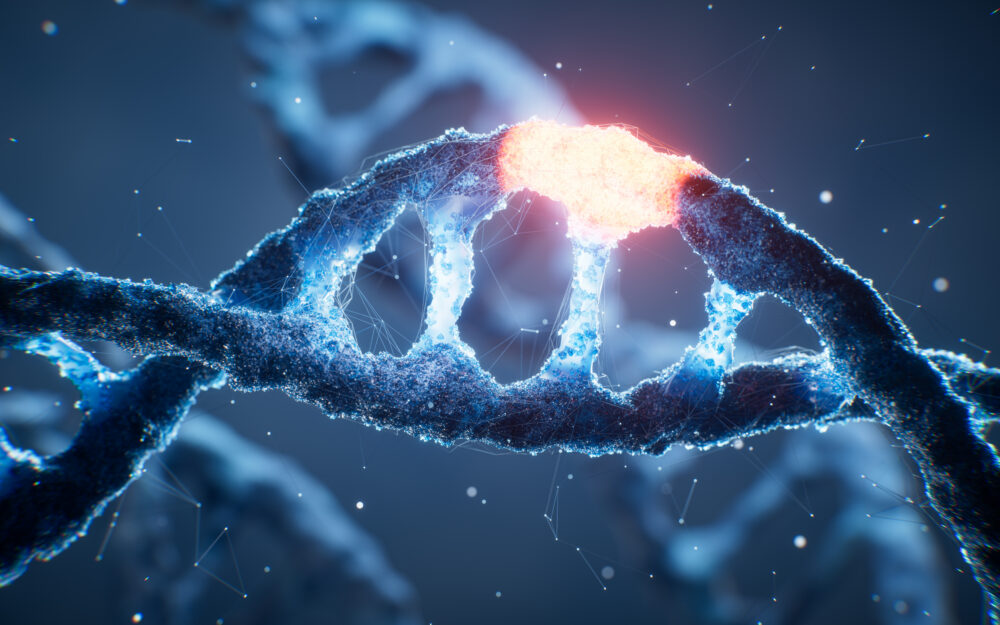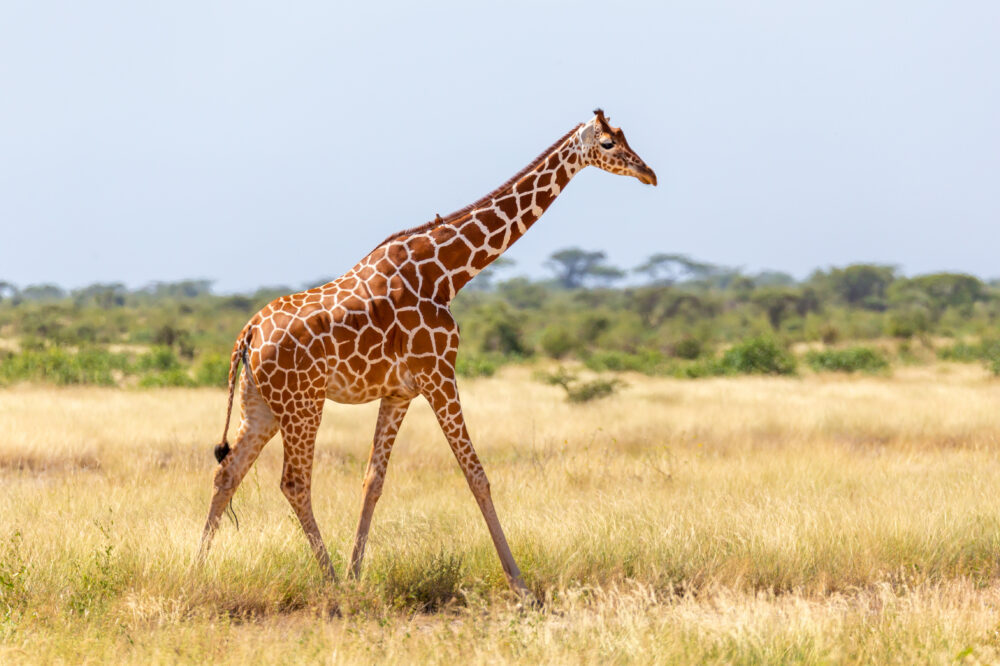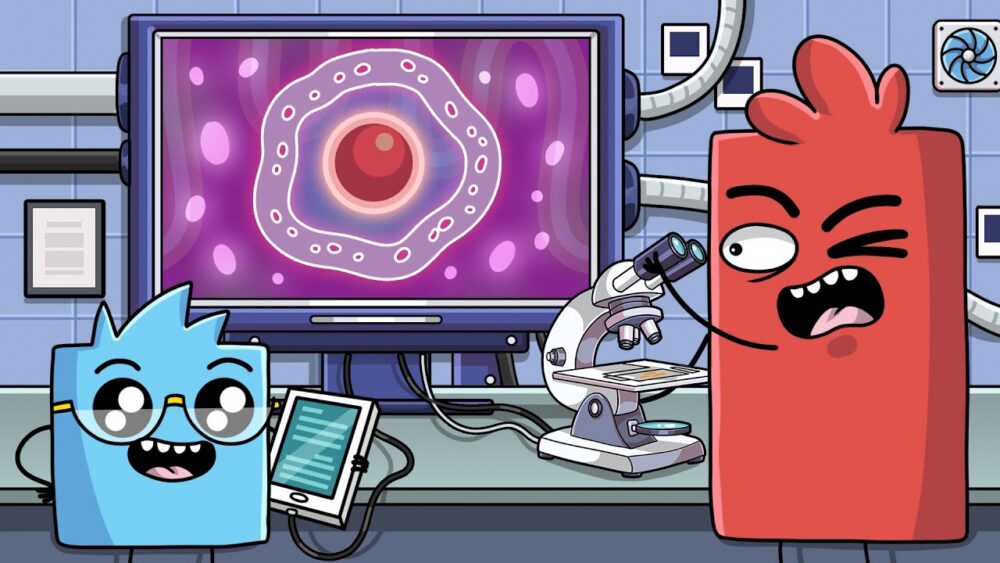
Center for Science and Culture
We are the institutional hub for scientists, educators, and inquiring minds who think that nature supplies compelling evidence of intelligent design. We support research, sponsor educational programs, defend free speech, and produce articles, books, and multimedia content. Read More …
News

The Incredible “Floating” Human Knee Joint
- March 2, 2026
- 5
- Anatomy
Postcard from North Carolina
- March 2, 2026
- 3
- Faith & Science
War on the Founding: New Book by John West
- March 2, 2026
- 4
- Faith & Science
A Transitional “Missing Link” for Giraffes? Nope
- February 28, 2026
- 2
- Evolution
ID Critic Is Still Stuck on Old Talking Points
- February 27, 2026
- 7
- Intelligent Design
Video
How Logic Points to God
- January 26, 2026
- Intelligent Design
How to Build a Baby
- January 21, 2026
- Intelligent Design
How Common Sense Points to God
- January 19, 2026
- Intelligent Design
How Your Smartphone Points to God
- January 12, 2026
- Intelligent Design
ID the Future

Discovering Interoception, The Body’s Internal Dialogue

Jonathan Bartlett on the Growing Evidence of Designed Mutations








